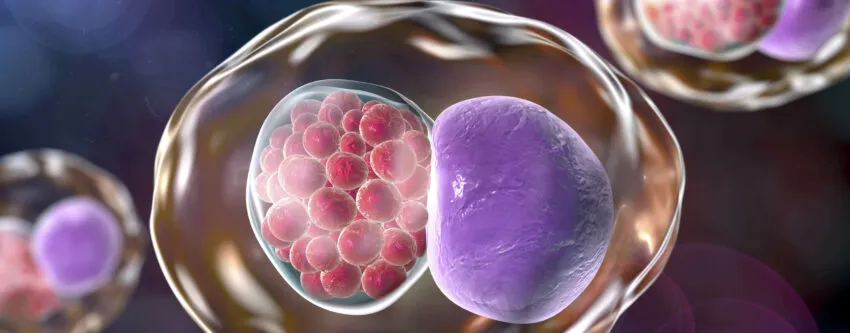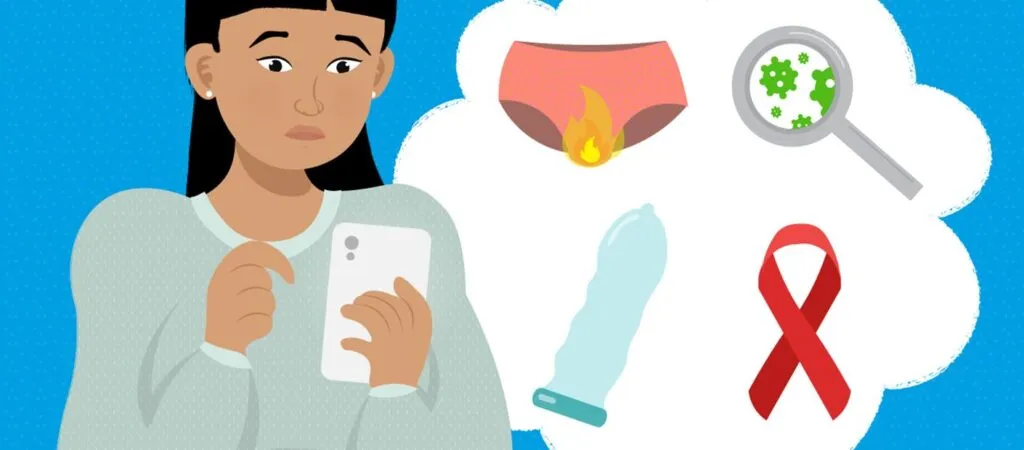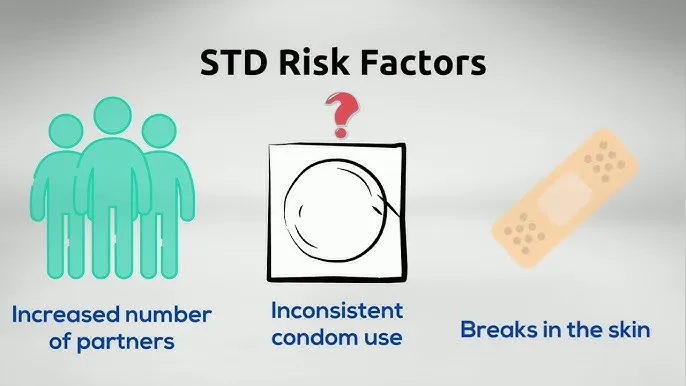In the vibrant and diverse metropolis of the UAE, where millions of people from all corners of the globe live and work, understanding personal and public health is paramount. One topic that carries a great deal of stigma, but is critical to address, is sexually transmitted diseases (STDs). Often referred to as sexually transmitted infections (STIs), these conditions are a widespread public health concern that can affect anyone, regardless of age, gender, or background.
This comprehensive guide is designed to demystify STDs, providing you with essential information on what they are, their symptoms, common causes and risks, and a crucial comparison of their severity. By understanding the facts, you can take proactive steps to protect your health and well-being, as well as that of your partners, and contribute to a healthier community in the UAE.
What Exactly Are STDs?

At their core, sexually transmitted diseases (STDs) are infections that are primarily passed from one person to another through sexual contact. This includes not just vaginal intercourse, but also oral and anal sex, and sometimes even intimate skin-to-skin contact. The pathogens responsible for these infections can be categorized into three main types:
- Bacterial STDs: These infections are caused by bacteria and are often curable with a course of antibiotics. Common examples include Chlamydia, Gonorrhea, and Syphilis.
- Viral STDs: Caused by viruses, these infections cannot be cured but can often be managed with antiviral medication. This category includes Herpes Simplex Virus (HSV), Human Papillomavirus (HPV), and Human Immunodeficiency Virus (HIV).
- Parasitic STDs: These infections are caused by parasites and are generally curable with medication. A common example is Trichomoniasis.
It's a common misconception that STDs are only transmitted through penetrative sex. However, many can be spread through contact with infected bodily fluids (semen, vaginal fluids, blood) and even through skin-to-skin contact with an infected area. For instance, Herpes and HPV can be transmitted through contact with a partner's skin, even without visible symptoms.
Common STDs in the UAE: Symptoms and Silent Threats

One of the most dangerous aspects of STDs is their ability to remain hidden. Many infections are asymptomatic, meaning they produce no noticeable symptoms, and a person can be a carrier and unknowingly spread the infection for weeks, months, or even years. This is why regular testing is so critical.
Here is a list of some of the most common STDs and their typical symptoms, along with a warning about their silent nature:
- Chlamydia: This is one of the most common bacterial STDs and is often asymptomatic. When symptoms do appear, they can include an unusual discharge from the penis or vagina, pain or a burning sensation during urination, and in women, pain in the lower abdomen or bleeding between periods.
- Gonorrhea: Similar to Chlamydia, Gonorrhea is frequently asymptomatic. For those who do experience symptoms, they can include thick, cloudy, or bloody discharge from the penis or vagina, a burning sensation during urination, and painful or swollen testicles in men.
- Syphilis: This is a bacterial infection with a progressive nature. It develops in stages, with symptoms that can be easy to miss. The primary stage is characterized by a single, painless sore (chancre) at the site of infection. This sore disappears on its own, but the infection remains. The secondary stage can involve a rash on the body, including the palms of the hands and soles of the feet, along with flu-like symptoms.
- Human Papillomavirus (HPV): As one of the most widespread viral STDs, many people with HPV will never know they have it. Certain types of the virus can cause genital warts, while other strains are linked to serious health issues, including cervical, anal, and oral cancers. The lack of visible symptoms in high-risk strains is a significant concern.
- Genital Herpes (HSV): Herpes is characterized by the appearance of sores or blisters around the genitals or rectum. However, outbreaks can be infrequent, and the virus can be spread even when no sores are present, making it a silent threat.
- HIV/AIDS: HIV is a viral infection that attacks the immune system. Early symptoms can be flu-like (fever, sore throat, rash) and are often mistaken for a common cold. The virus can then lie dormant for a long period, progressively damaging the immune system until it can no longer fight off infections, leading to AIDS.
Understanding the Causes and Risks in the UAE

The primary cause of STDs is unprotected sexual contact with an infected partner. While this is the fundamental cause, several risk factors can increase an individual's vulnerability. In the context of the UAE, a few specific factors come into play.
- Multiple or New Sexual Partners: The more partners you have, the higher your risk of exposure to an STD. The transient nature of the population in Dubai and other Emirates means people may have a larger number of sexual partners with unknown health histories, which significantly increases the risk.
- Lack of Consistent Condom Use: Using condoms correctly and consistently is one of the most effective ways to prevent the transmission of many STDs. Without this barrier, the risk of infection is greatly elevated.
- Socio-Cultural Factors: Due to social sensitivities, open discussions about sexual health and safe practices may be limited, which can lead to a lack of awareness and knowledge, further contributing to risk.
- Pre-existing Infections: Having one STD can make you more susceptible to others. For example, open sores from Herpes or Syphilis can create an easy entry point for HIV.
In the UAE, the government has implemented strict public health policies, including mandatory health screenings for residence visas. While these measures are designed to control the spread of infectious diseases like HIV and certain forms of Hepatitis, individuals must take personal responsibility for their health through regular STD testing.
Comparing the Severity of STDs: A Factor-by-Factor Breakdown
The impact of an STD can vary dramatically. To help you understand the potential severity, here is a comparison of common infections based on their short-term impact, long-term consequences, and treatability.
Conclusion: Proactive Health is Your Greatest Asset
In a fast-paced city like Dubai, where life is constantly moving, it is easy to put personal health on the back burner. However, ignoring the risks of STDs can lead to serious, life-altering consequences. While the UAE has robust public health measures, the ultimate responsibility lies with everyone.
The first step is always knowledge. By understanding the symptoms, causes, and varying levels of severity of different STDs, you are empowered to make informed decisions about your sexual health. The second and most crucial step is to be proactive through safe sexual practices and regular STD testing. It is not a sign of distrust in a partner, but a fundamental act of care for yourself and everyone you share intimacy with.
Remember, most STDs are either curable or manageable with the right treatment. The key is early detection, which is only possible through regular screening. Taking control of your health today is an investment in your well-being and a confident, secure future.
This article is medically reviewed by:

Recent Posts
Book Your Home Healthcare Consultation Today
Your Health Matters – Reach Out Now and Let’s Discuss How Vesta Care Can Help.











